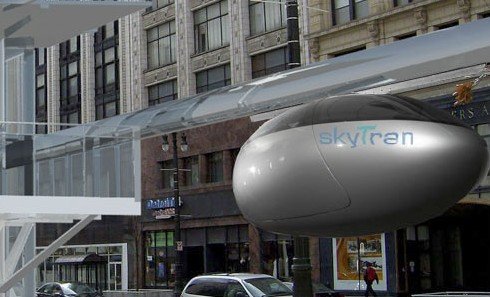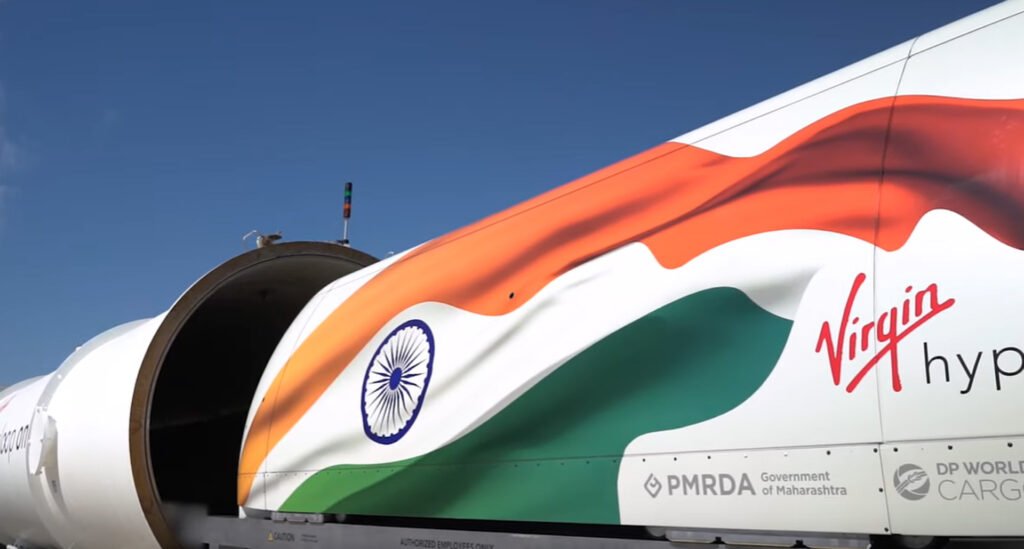In India, a war of the billionaires is raging between Mukesh Ambani, Asia’s richest man, and Elon Musk, the founder of SpaceX and Tesla.
Ambani’s Reliance Industries has acquired a US-based transportation company developing pod taxis, which the conglomerate first invested in three years ago, through its subsidiary Reliance Strategic Business Ventures.
Both skyTran and Musk’s Hyperloop are in the pod taxi business. These small public transportation facilities, also known as personal rapid transit (PRT), feature small automated vehicles that operate inside a network of specially constructed tracks.

Hyperloop and skyTran taxis use the strength of magnets to travel at speeds of up to 240 kilometres per hour in theory.
In India, Hyperloop already has three projects in the works. One will connect Mumbai to Pune, another will improve connectivity to Bangalore International Airport, and the third will connect Chandigarh to India’s capital, New Delhi.

“SkyTran has developed breakthrough passive magnetic levitation and propulsion technology for implementing personal transportation systems aimed at solving the problem of traffic congestion globally,” said Reliance in its regulatory filing.
This comes just days after Ambani announced that he will manufacture batteries for electric vehicles, a move that coincides with Musk’s Tesla plans. While Tesla makes the majority of its money from cars, Musk has invested heavily in energy generation and storage.
Musk previously stated that his company plans to build a Gigafactory in India once it begins manufacturing electric vehicles in India. According to reports, the company’s office is already up and running in Bangalore, with plans for a manufacturing plant to follow soon.
skyTran vs Hyperloop
The idea to introduce pod taxis in India was led by Minister for Road Transport and Highways, Nitin Gadkari, in 2016. A year later, in 2017, A panel led by the Indian government’s policy think tank NITI Aayog cleared the ministry’s proposal to test three rapid transportation systems using pod taxis. Metrino Personal Rapid Transit from New Zealand, Ultra Global PRT from the United Kingdom, and skyTran from the United States were among the short-listed candidates.
Rather than working with the central government, Hyperloop chose to collaborate with state governments on projects. It has been collaborating with the Maharashtra government on the construction of the world’s first commercial Hyperloop corridor, which will connect Pune and Mumbai.
In November last year, Hyperloop had a major breakthrough. It successfully carried two humans through a tube in one of its magnetically levitated pods at 160 kilometres per hour.
Hyperloop is ideal for long-distance travel, more so between cities, whereas on the other hand SkyTran, is primarily focused on intra-city travelling.
In October 2018, Reliance bought a 12.7% stake in skyTran. In November of the following year, it increased its stake to 17.37%. Reliance had put in the third tranche of investment by April 2020, bringing its stake to 26.3%.
